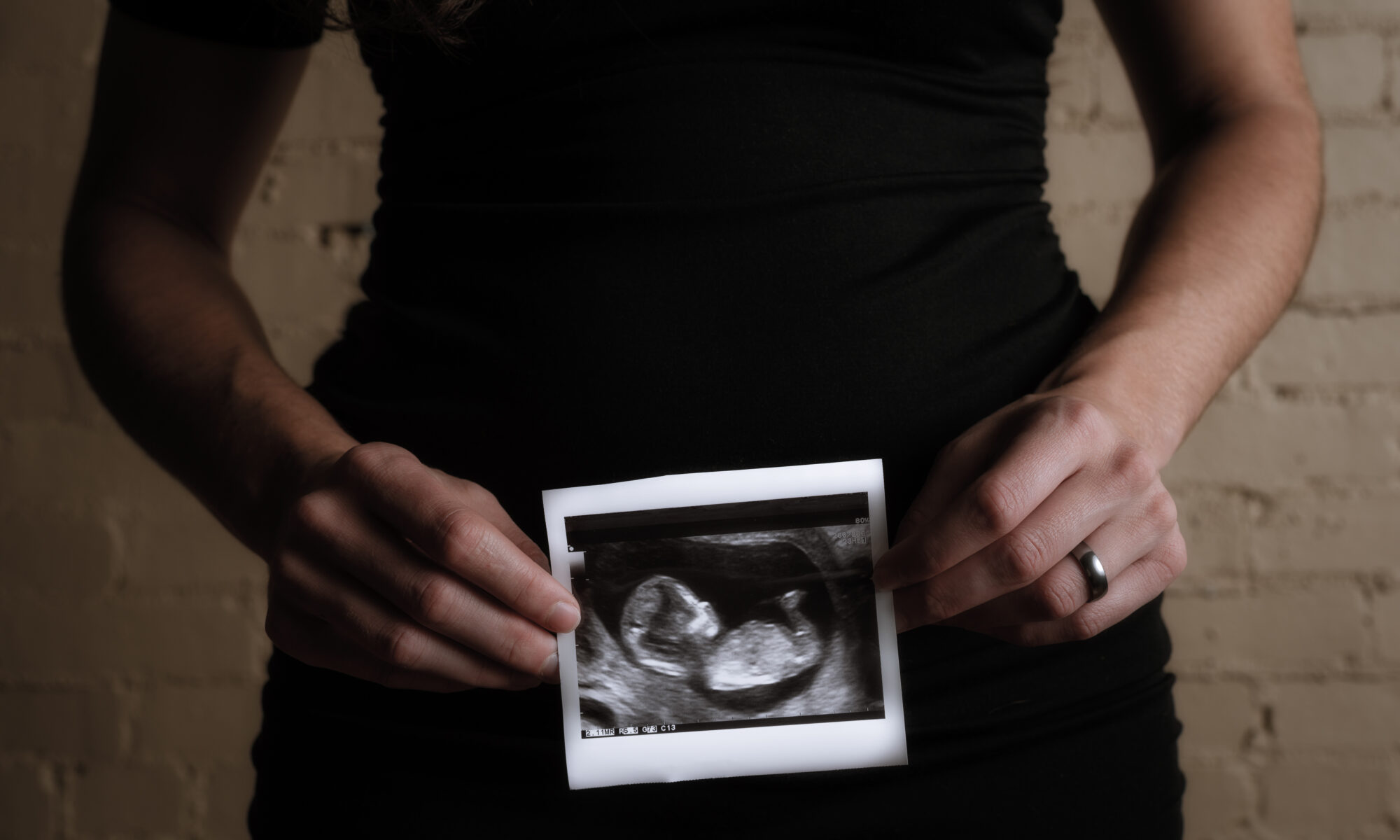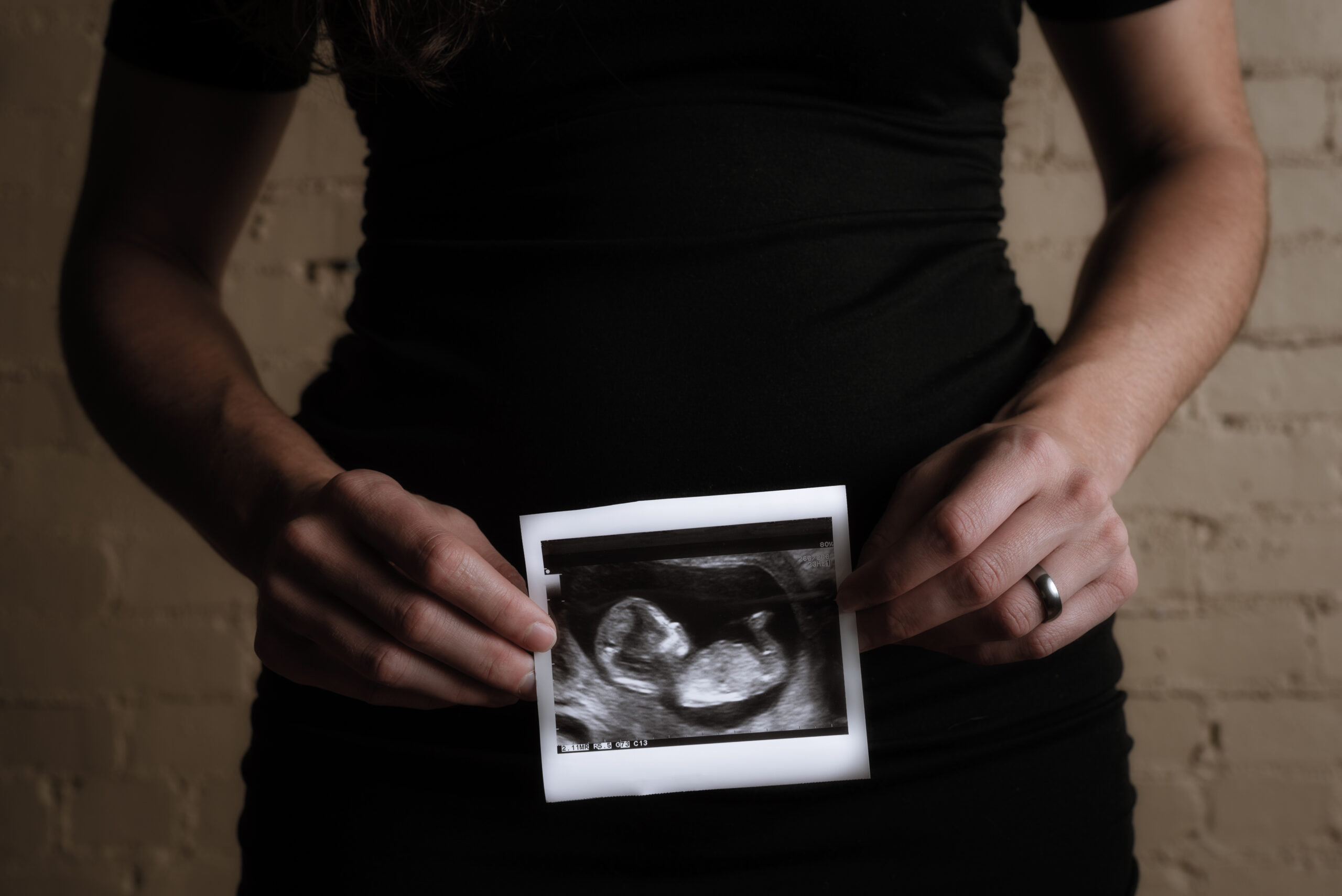
No Roe? Now What?
Did Overturning Roe End Abortion In Virginia?
Today is an extraordinary day in the fight for life of preborn babies.
In a 6-3 decision, the Supreme Court ruled in favor of Dobbs in Dobbs vs Jackson Women’s Health (5-4 decision in overturning Roe). The decision was broad in scope and overruled previous Supreme Court decisions that erroneously identified a constitutional right to abortion.
At Care Net Peninsula, we are thrilled to celebrate this monumental step toward life and justice for preborn babies. However, we want to clarify the ramifications of this decision for our community.
The Supreme Court did not end abortion in America. It returned the decision to the states. In Virginia, abortion is still legal up to the 25th week of pregnancy with almost no restrictions.
In fact, recent laws have made aborting a baby in our community easier than ever.
In 2020, Virginia State Legislature passed a bill removing virtually all protections for pre-born babies in our state. Then in 2021, President Biden signed an executive order allowing women to receive at-home chemical abortions up to 11 weeks without requiring an in-person appointment.
If we misunderstand the impact of overturning Roe in Virginia, we leave pregnant women and their babies without help and hope at a time when they need it most. That’s why it’s critical to stay informed and share with others about the true impact of these decisions.
No matter the political climate, Care Net Peninsula will continue to provide pregnant women in our community with a safe place to go for care.
Unfortunately, there is a second major concern resulting from this ruling. The domestic terrorist group Jane’s Revenge has declared war against pregnancy centers. They have already attacked and vandalized numerous facilities and publicly shared a ‘call to arms’ to escalate violence against crisis pregnancy centers nationwide.
We have increased security at our facility and taken numerous precautions to safeguard our staff, volunteers and clients. We’re also in regular communication with state and local law enforcement about the situation.
So, today we celebrate this incredible win for our movement, but ask for your continued prayer for pre-born babies in our community and for the safety of our staff, volunteers, and clients. Thank you for being part of the Care Net family.

Read More News Updates

Michelle’s Story
Click to read about Michelle and how you helped her confidently step into motherhood for the first time.

Support Through Pregnancy and Beyond
A common question that pregnancy centers often face—whether from supporters or critics of the pro-life movement—is how we continue to support a woman after she chooses to keep her child. It’s a valid question, especially for faith-based providers who are called to love and serve others in tangible ways.

Choosing Life: A Story of Hope and Courage
Click to read our latest ministry update from our clinic.

Year-End Update: Cadie’s Story
Cadie’s story may have turned out differently if it hadn’t been for your support this year.

































